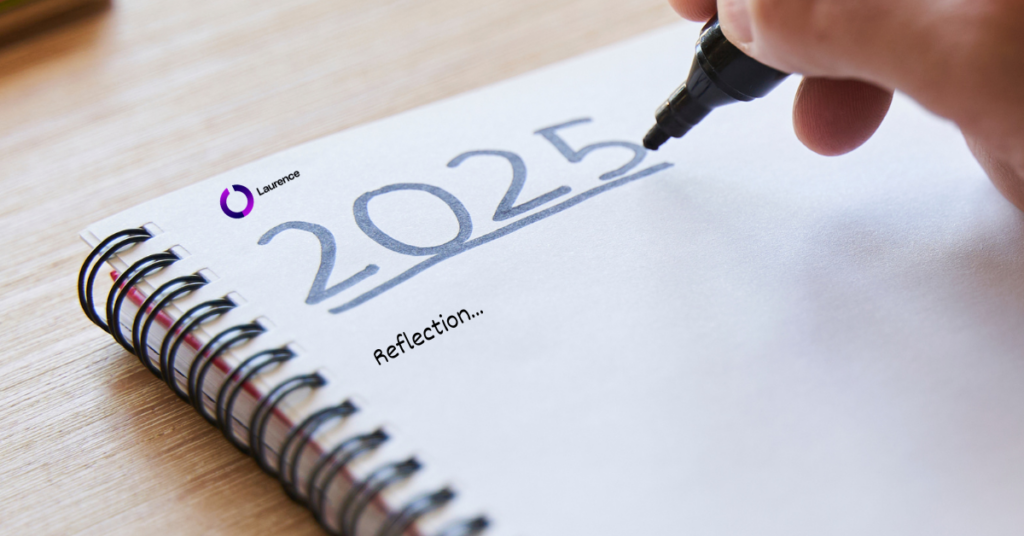In today’s fast-paced society, it’s easy to focus on work, deadlines, social commitments, and digital distractions while neglecting our own mental health. We often check in on others, but how often do we pause and ask ourselves: “Am I OK?”
With constant notifications, endless to-do lists, and the pressure to always be ‘on,’ our minds rarely get the chance to rest. But just like our physical health, our mental well-being needs regular attention and care.
Signs You Might Need to Check In with Yourself
Sometimes, we don’t realise we’re struggling until we hit a breaking point. Here are some signs that your mental health might need some extra care:
- Feeling constantly exhausted – Even after a full night’s sleep, you still feel drained.
- Increased irritability – Small things that wouldn’t normally bother you suddenly feel overwhelming.
- Difficulty concentrating – Your mind feels scattered, making it hard to focus.
- Loss of interest – Things you once enjoyed don’t bring the same joy.
- Relying on distractions – Scrolling endlessly on your phone or binge-watching TV to avoid dealing with emotions.
Recognising these signs is the first step towards better mental health. The next step is taking action to reset and recharge.
How to Tune Out and Switch Off
In a world that demands constant connection, taking a break from technology and external noise is essential for mental clarity. Here are some ways to disconnect and truly check in with yourself:
1. Digital Detox: Reduce Screen Time
Our phones are designed to keep us engaged, but excessive screen time can increase stress and anxiety. Try:
- Setting ‘Do Not Disturb’ hours where notifications are silenced.
- Leaving your phone in another room before bed.
- Scheduling phone-free time, such as during meals or before work.
2. Practice Mindful Reflection
Taking a few minutes each day to reflect on how you’re feeling can help you process emotions and reduce stress. You can try:
- Journaling – Write down what’s on your mind, even if it’s just a few sentences.
- Meditation – A short 5-10 minute breathing exercise can help clear your thoughts.
- Checking in with your body – Notice tension, tightness, or discomfort and ask yourself what might be causing it.
3. Spend Time in Nature
Stepping away from screens and into nature can have immediate mental health benefits. Fresh air, natural light, and movement all help reduce stress. Try:
- Taking a walk without your phone.
- Sitting outside with a coffee and just observing your surroundings.
- Gardening or any activity that gets your hands in the dirt.
4. Set Healthy Boundaries
Being constantly available for work, social commitments, and online interactions can be overwhelming. Give yourself permission to:
- Say no to plans when you need rest.
- Log off from work at a set time each day.
- Take regular breaks from social media to avoid comparison fatigue.
5. Prioritise Sleep and Rest
Lack of sleep impacts mood, productivity, and overall well-being. Create a wind-down routine by:
- Avoiding screens at least 30 minutes before bed.
- Reading or listening to calming music instead of scrolling your phone.
- Going to bed at the same time each night to improve sleep quality.
The Importance of Self-Compassion
Remember, mental health isn’t about being happy all the time—it’s about recognising when you need rest, reflection, or support. Be kind to yourself. It’s OK to have tough days. It’s OK to take a step back. The key is making time to check in with yourself regularly.
The Take Away
We live in a world that encourages us to be constantly busy, but mental well-being should never take a back seat. Make space for reflection, set boundaries with technology, and give yourself the care and attention you deserve. After all, checking in with yourself is just as important as checking in with others.
So, take a moment today—pause, breathe, and ask yourself: “Am I OK?”








